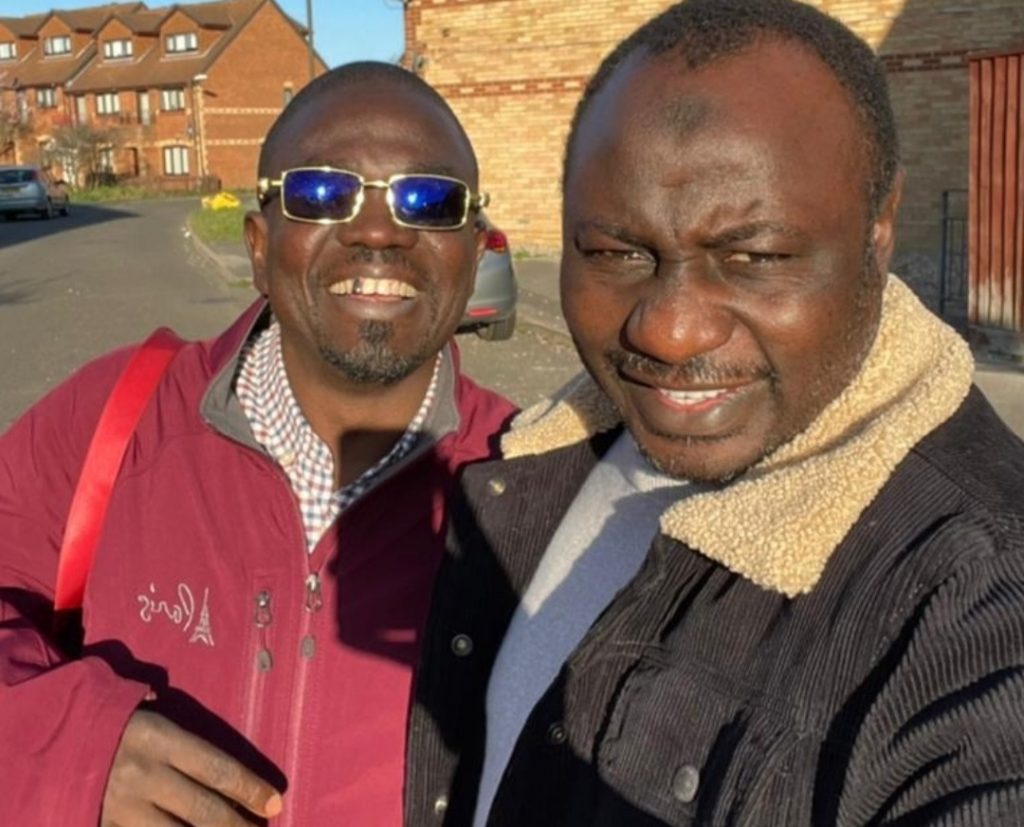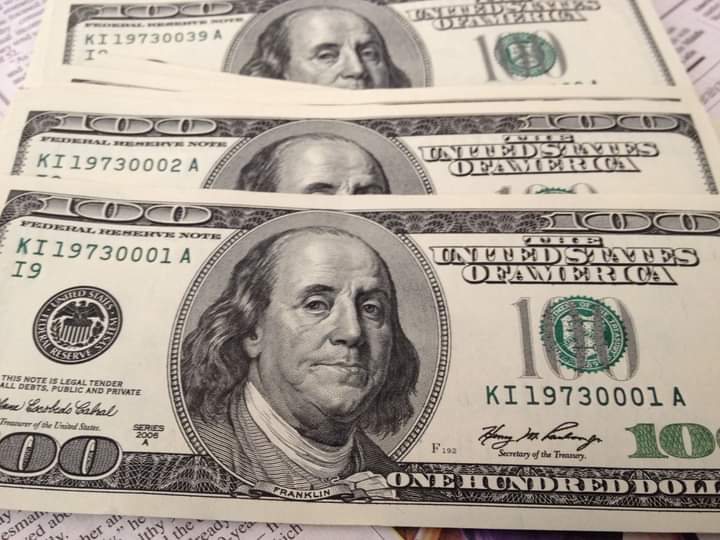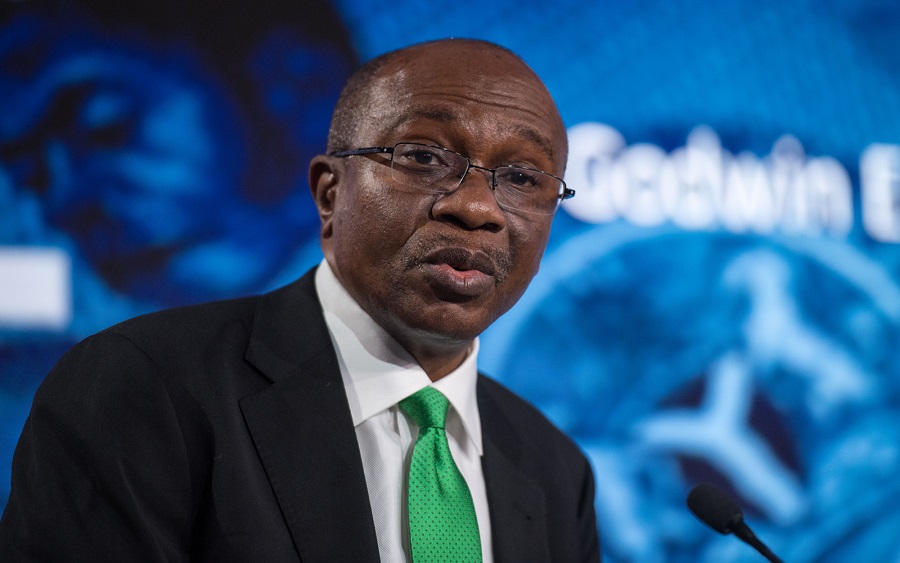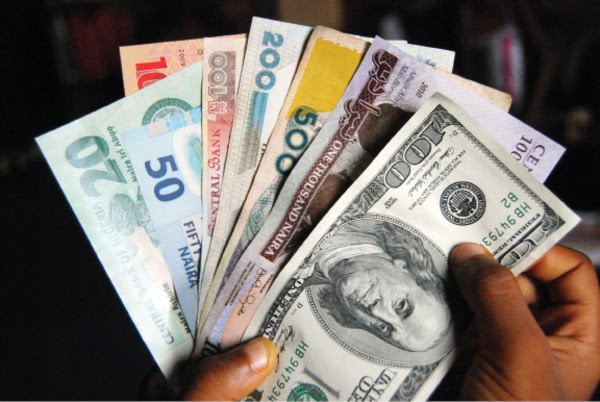By Owei Lakemfa
IT was like a mafia arrangement. A client pays and is sure of protection. In this case, it was between the United States, and the US, which prides itself as the freest, most democratic, most gender-friendly and most open country in the world founded on fundamental human rights.
Its partner is Saudi Arabia, a monarchy with an anathema for democracy with no pretensions to human or women’s rights and a history of physically eliminating political opponents.
Both reached an agreement that changed the world economy from purely selfish motives: the US as the policeman of the world would provide muscle and protection for Saudi Arabia no matter what atrocities it commits, while the other would provide financial backing to strengthen its protector’s economy against all others.
On June 8, 1974, the US represented by Secretary of State, Henry Kissinger, and Saudi Second Deputy Premier, Prince Fand Ibn Abdel Aziz, signed the six-page Milestone Pact in Blair House across the street from the White House.
The agreement established joint commissions on economic cooperation and Saudi Arabia’s military needs. It provides for a group “to consider plans for Saudi Arabia’s economic development, paying special attention to the use of flared gas for expanding the production of fertilizer”.
A second group was “to consider projects aimed at the further development of Saudi technical manpower skills, the expansion of educational and technical institutions, the transfer of technological expertise, the establishment of a comprehensive Saudi Arabian science and technology programme keyed to the national goals of the kingdom, and an expansion of sister university relations”. A third group was on development projects, including solar energy and a fourth was on agriculture, especially desert agriculture.
In return, Saudi Arabia, which had the world’s largest proven reserves of oil, was to price and sell its oil only in dollars and was also obliged to invest its surplus oil proceeds in US debt securities. Also, it was to pump so much oil into the market as to force down prices as well as pressure members of the Organisation of Petroleum Exporting Countries, OPEC, to also denominate their oil sales only in dollars.
The pricing of oil only in dollars became known as petrodollars and gave the US the leverage to be the banker of the world in the sense of being the dominant currency for international pricing, payments and reserves. It also gave the US the financial muscle to impose sanctions on countries it thinks are stepping out of tune.
On the other hand, it gave Saudi Arabia immunity to do as it pleases as the US would always protect it. So Saudi Arabia denies its citizens fundamental human rights, including those to basic representation and press freedom.
This is why the Saudi establishment has been so confident to physically eliminate perceived political opponents like sending a hit squad that on Tuesday, October 2, 2018, butchered journalist, Jamal Khashoggi, in Turkey. Until today, Khashoggi’s body parts have not been recovered. Back in 1979, Nassir al-Sa’id, founder of the Arabian Peninsula People’s Union, APPU, decided to go into exile in Lebanon and has not been seen ever since. Saudi Prince Sultan bin Turki, while in exile, was abducted in Geneva and surfaced in a Saudi prison.
The Saudis also run an opaque legal system in which you can be found guilty and punished without being charged to court. When in 2017 the Saudi establishment felt 208 rich princes, ministers and businessmen were corrupt, it did not charge them. Rather, it rounded them up, detained them in the five-star Ritz Carlton Hotel and forced them to transfer 70 per cent of their wealth to the state before they could be freed.
Internationally, Saudi Arabia has been on a rampage. When people in Bahrain protested against the dictatorship in their country, Saudi Arabia invaded twice, carrying out massacres in the streets. The ongoing civil war in Yemen has bombed thousands of civilians, including clearly identified schools, school buses, hospitals, large markets, weddings, and even funerals.
In 2017, it imposed a 13-point demand on Qatar to within 10 days, wind up the Al-Jazeera international news network and curb ties with Iran and Turkey. For this, it imposed an illegal air embargo on that country which the US-supported.
Saudi Arabia was also the main funder of the terrorist group, the Islamic State, ISIS, before it lost control of that group. The primary aim was to use it to ignite the Syrian civil war and overthrow the Assad administration. Saudi Arabia violates international labour laws by simply detaining and deporting migrant labourers from countries like India, the Philippines, Pakistan and Ethiopia without paying them their earned wages.
While protecting Saudi Arabia, the US has been quite vicious against countries that want to reverse the dominance of the dollar. When in October 2000, Sadam Hussein decided to move away from using dollars to price Iraqi oil, he signed his death warrant. The US with British backing asked President Hussein to surrender weapons of mass destruction which they knew Iraq did not possess. Based on that excuse, the country was invaded in 2003 and Hussein murdered.
In 2009, President Mouammar Ghadaffi conceived and financed a plan to unify African countries with a single gold currency, and campaigned that oil-producing countries in Africa demand payment in gold rather than dollars; he, like Hussein, signed his death warrant. A rebellion was engineered; the US-led the North Atlantic Treaty Organisation, NATO, to bomb the Libyan armed forces out of existence; and on October 20, 2011, got Ghadaffi was shot, point-blank on the streets of Libya.
It seemed nothing could challenge or change the international petrodollar system. That was until March 2022 when the US and its allies decided to impose sanctions on Russia in the wake of the war in Ukraine. Russia then demanded Europeans and other countries purchasing its oil and gas must do so in roubles.
Also, with effect from Thursday, April 7, 2022, Russian coal and oil paid for in yuan, started being shipped to China. Again, India is in talks to buy Russian oil at discounted prices and pay in Yuan which is a stable currency and is the fourth most-traded currency after the dollar, Euro and pound which are all enmeshed in the sanctions war with Russia.
There are also negotiations about a rupee-ruble trade mechanism in which Indian exporters can pay for their exports to Russia in rupees, not dollars. Perhaps one of the greatest surprises is Saudi Arabia engaging China in negotiations to price some of its oil sales in Yuan. Since Russia is not Iraq that can easily be invaded and China is not Libya that can be bombed to submission, the real challenge to the 48-year petrodollar regime has come.





